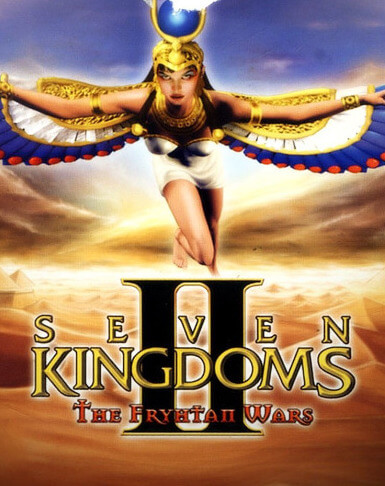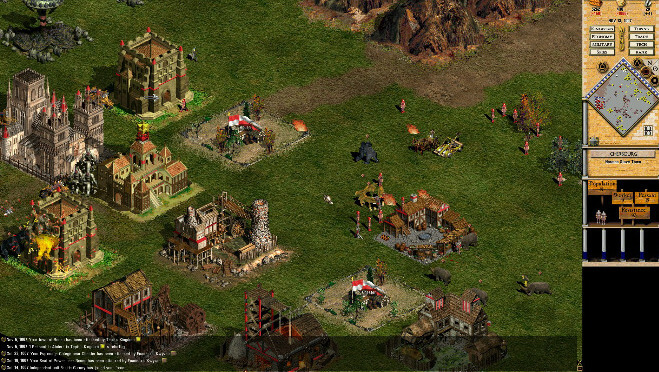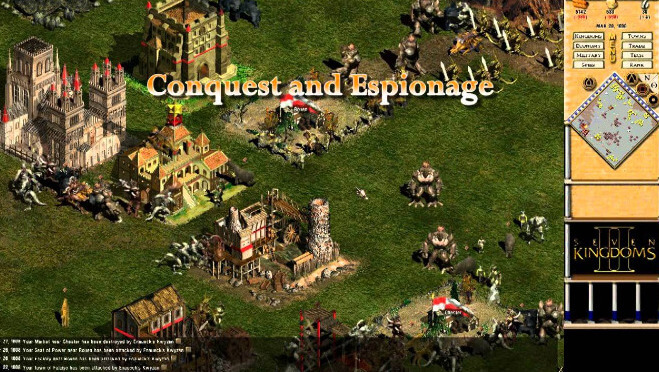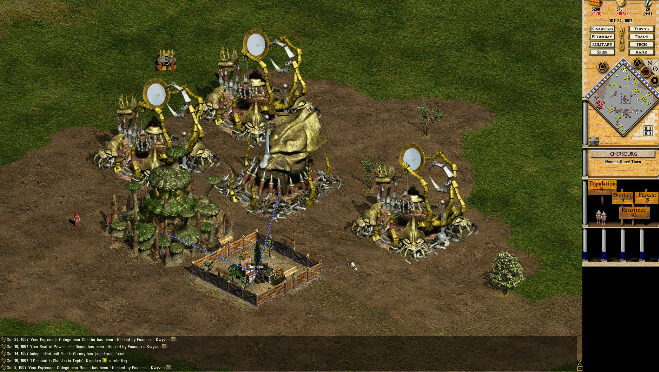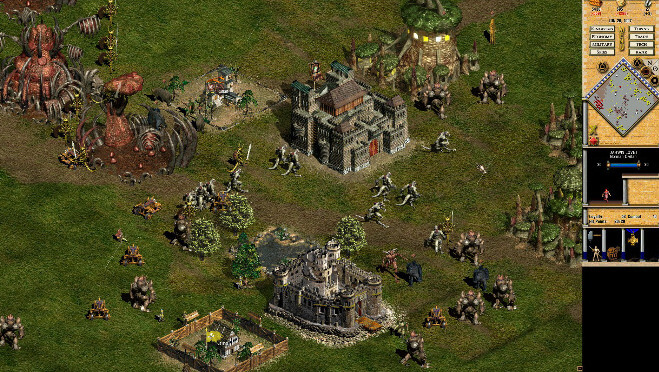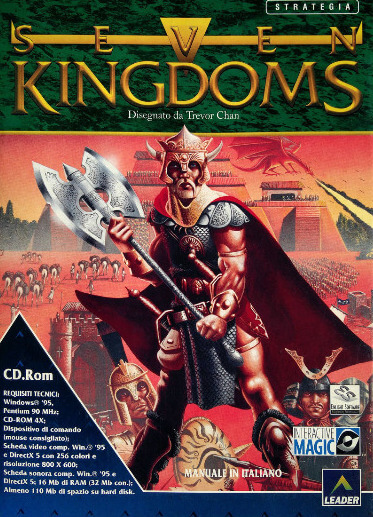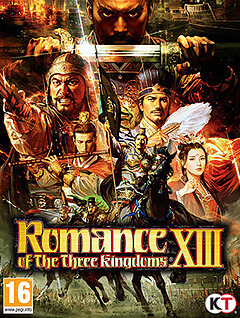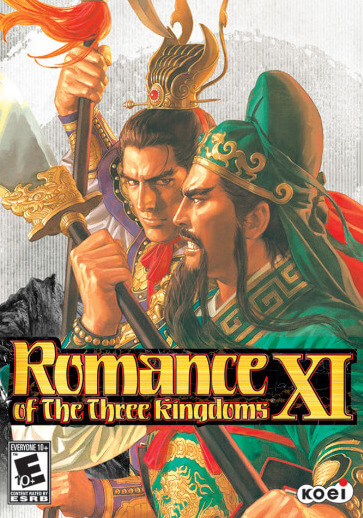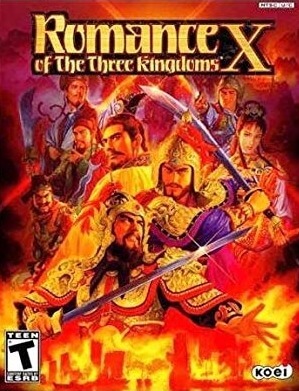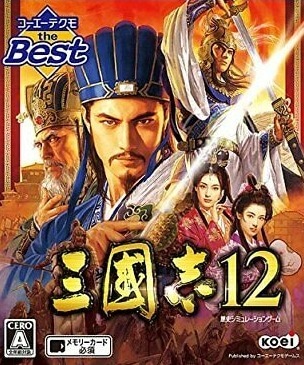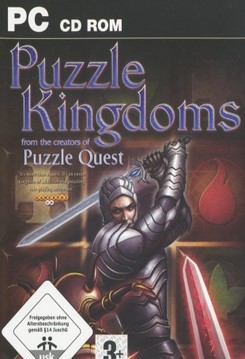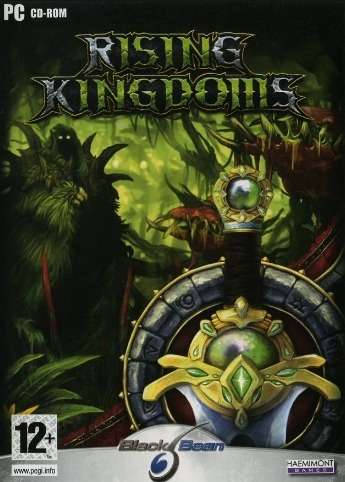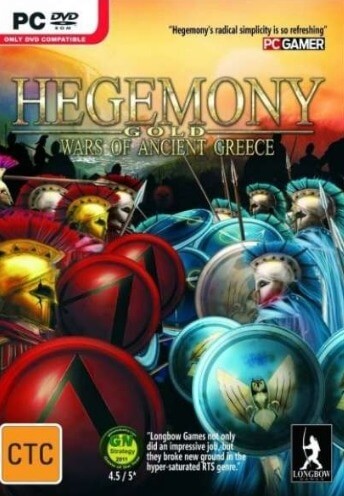The primary source of income for a Kingdom is in Markets. Natural resources are scattered across the map. There are three types natural resources: Iron, Copper, and Clay, which are processed into Ironware, Copperware, and Pottery. Kingdoms may construct mines upon these natural resources to extract them from the land, factories to process them into finished goods, and then markets to sell the goods to the people.
Markets may sell finished goods directly to towns nearby. A market has a maximum carrying capacity of 500 units of each type of good. If a market is full in one stock, or lacking in another, it is possible to exchange goods between markets so that neither one is deficient. This is facilitated through caravans, that appear as lone camels in the game. Caravans are slow but can carry up to 200 units at a time, hence when used in large numbers, can be very efficient.
Each unit and town (with the exception of the King and caravans) is given a loyalty rating that must be maintained. Units with loyalties below 30 may betray the kingdom whilst towns with loyalties below 30 may spawn rebels.
As was in the predecessors, the concept of espionage is a major factor in the game. Players can send spies into enemy kingdoms to steal technology, cause disloyalty and even assassinate enemy leaders. (Generals and Kings)
Fryhtan Wars also introduces several new gameplay elements. The number of units and structures was greatly increased. For example, each human civilization now has three distinct units: civilian, infantry, and a special military unit (such as cavalry). Artifacts, which gives advantages to the bearer, can be found on the map or purchased from the Inn. In addition, there are heroes, units with high leadership or combat skills that can either be hired or attained when a hero decides to join the kingdom. Perhaps the greatest addition in Fryhtan Wars is the Fryhtans, fantasy-like beasts whose civilization are often at odds against the humans.
Both single player and multiplayer modes are available. The single player mode includes "random map" skirmishes, built-in scenarios, and a campaign game, which consists of a string of dynamically-generated scenarios.
Civilizations
Seven Kingdoms II includes 12 human civilizations and 7 Fryhtan species. Besides unique military units with slightly varying attributes, human kingdoms also have unique gods with special powers that the kingdom may evoke from "seats of powers" that also grant unique bonuses. Differences among the three "basic" unit types, the bonuses associated with each particular Seat of Power, and the Greater Beings that may be evoked distinguish the different nationalities. In addition to basic human units, human civilizations can also build a variety of siege weapons, including cannons, ballistas, and catapults. These siege units do not possess a combat score, hence they all carry the same effectiveness from the moment they are created until the moment they are destroyed. However, siege weapons cost more to maintain and create.
Human kingdoms focus on population, diplomacy and economy, whereas Fryhtan kingdoms (known as Kwyzans) focus directly on military units backed by a very simplistic economy, with almost no diplomatic options and with no espionage. Compared to humans who can build a plethora of structures, including mines, factories, forts, camps and war factories, most Fryhtan species can only build two structures: the lair which breeds more Fryhtans and an additional structure associated with the unique capabilities of the species. Fryhtan kingdoms rely on enslaving human towns, which provide them gold, and killing units, which provides "life force" necessary to breed more Fryhtans. Human kingdoms often contain multiple nationalities, and likewise Fryhtan kingdoms can also contain multiple species. Kingdoms with significant numbers of both humans and Fryhtans are possible, but difficult, because reputation will cause human townspeople to rebel. If either enemy soldiers surrender to you, enemy kingdoms surrender to you, or civilians surrender to you, you will be able to build Human buildings and train soldiers, specialty units, spies and other units/building exclusive to Human kingdoms. This will cause the food source of the kingdom to go down, as Fryhtan kingdoms start off with low food supplies, so creating a "Tower of Science" and researching "Advanced Farming" is highly suggested.
